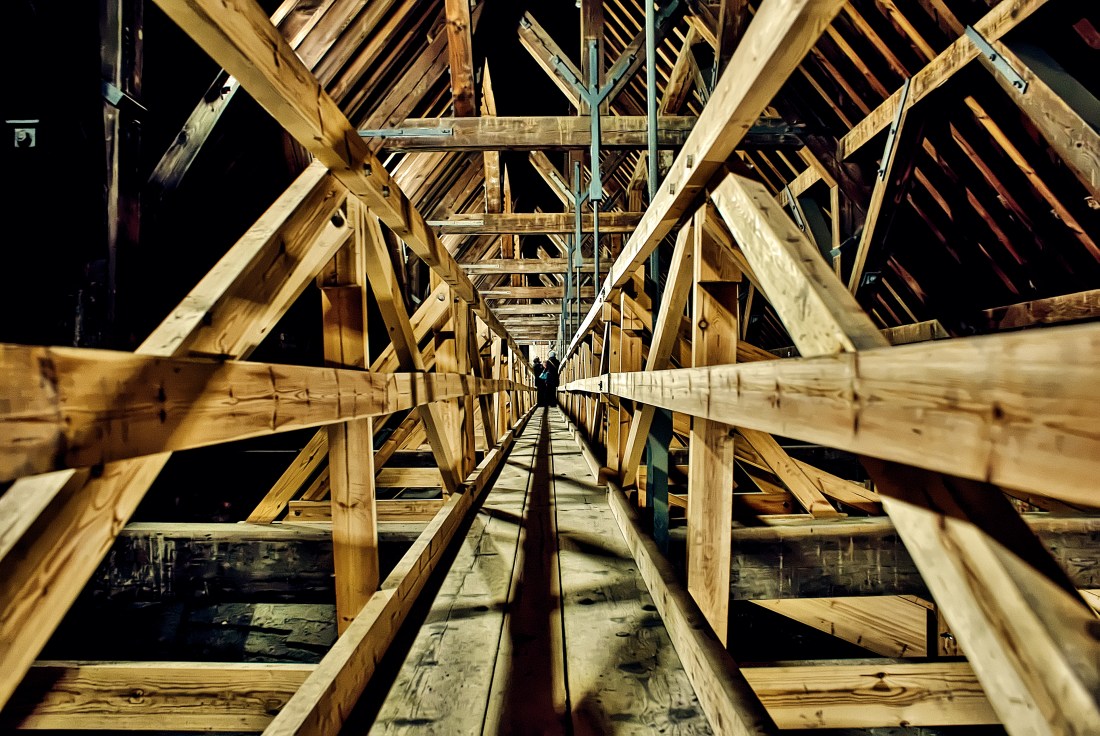The ‘New Economy’ discussed here is not a proposition for radical discontinuity, and still less an artefact of wishful thinking.
Whatever the urgency of a transition to an economy that interacts healthily with the biosphere, no proposition for this transition can succeed that does not present as a beneficial ‘adjacent possible’ for some significant fraction of the billions of pragmatic economic choices that are made each day by people with perfectly reasonable desires for security, dignity, and agency.
Much ‘New Economy’ thinking is infected by ‘shoulds’ and ‘oughts’; these translate, crudely speaking, into moralising pressure and policy impositions. These are of course valid social mechanisms, and have their place, but when we look at the context of those daily billions of choices, we see that they are conditioned most immediately by the underlying protocols around how money works – both as a means-of-exchange and as a store-of-value.
Continue reading “Two Planks – and a Bridge – to the New Economy”

